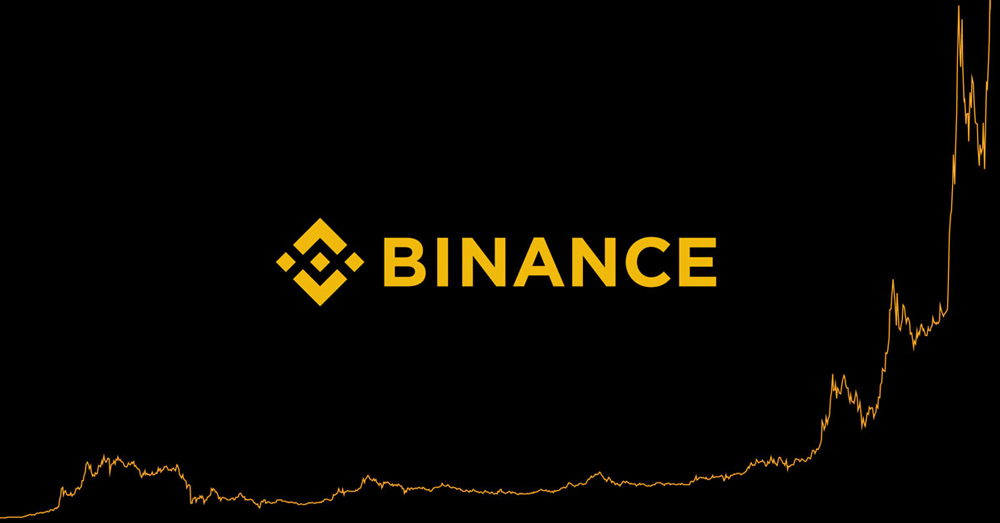In a recent panel discussion at the CONVERGE LIVE event in Singapore, Binance CEO Richard Teng expressed optimism about U.S. President Donald Trump’s pro-crypto stance, which he believes could catalyze a global shift in regulatory attitudes toward cryptocurrency. Teng highlighted that Trump’s administration has introduced significant policy changes that signal the U.S. government’s embrace of digital assets, potentially setting a precedent for other nations to follow.
A New Era of Crypto Regulation
Under Trump’s leadership, the U.S. has transitioned from what Teng described as a period of “regulatory hostility” to one where the world’s largest economy is openly adopting crypto. This shift is a stark contrast to the policies under the Biden administration, which had been criticized for its stringent crackdown on the crypto industry.
Teng said, “We have moved from a period where there’s big regulatory uncertainty and, in many senses, some regulatory hostility towards the industry, to one where the largest economy in the world said, ‘We want to embrace crypto.’”
Trump’s executive order to establish a strategic cryptocurrency reserve using seized digital assets further underscores this transformation. The reserve, which includes Bitcoin (BTC), Ethereum (ETH), XRP, Solana’s SOL, and Cardano’s ADA, is being hailed as a landmark initiative. Teng emphasized that this move could encourage other governments to consider similar allocations into crypto as part of their reserves.
Institutional and Retail Adoption on the Rise
Chao Deng, CEO of HashKey Capital, also participated in the panel and echoed Teng’s sentiments. Deng pointed to the growing momentum of crypto adoption among institutional and retail investors, which he believes has been bolstered by Trump’s pro-crypto policies.
“They encourage and they allow banks to be involved with crypto. This is a very huge step for the crypto and Web3 industry,” Deng said, referencing the administration’s efforts to ease restrictions on banking services for crypto companies.
The End of “Operation Choke Point 2.0”
Another major development highlighted at the event was the end of what Teng referred to as “Operation Choke Point 2.0,” an alleged initiative under the Biden administration that pressured banks to cut ties with crypto firms. Teng noted that the crypto industry faced significant challenges under Biden due to what he called “regulation via enforcement.”
With the new administration, banks are now reportedly more comfortable working with crypto-related clients, a shift that could significantly impact the industry’s growth trajectory.
Challenges Ahead
Despite the optimism, crypto markets have faced short-term volatility following Trump’s announcement of the strategic reserve. Investor enthusiasm has been tempered by concerns over Trump’s new tariff policies and the lack of detailed plans for the crypto reserve. Bitcoin prices, for instance, have dipped since the announcement.
However, Teng dismissed these fluctuations as a “tactical retreat,” arguing that crypto, like any other asset class, is not immune to macroeconomic pressures. He remains confident in the long-term prospects of the industry, bolstered by the administration’s crypto-friendly stance and the appointment of leaders who support the sector, such as venture capitalist David Sacks, who now serves as Trump’s crypto and artificial intelligence czar.
A Global Ripple Effect
The establishment of the U.S. crypto reserve and the easing of banking restrictions are seen as pivotal steps that could influence other nations to rethink their approach to digital assets. Teng remarked, “The messaging is clear: The largest government and the biggest capital market in the world are now holding Bitcoin as part of their reserve.”
As other countries observe this shift, they may be prompted to adopt more crypto-friendly policies, potentially accelerating global adoption and innovation in the space.











